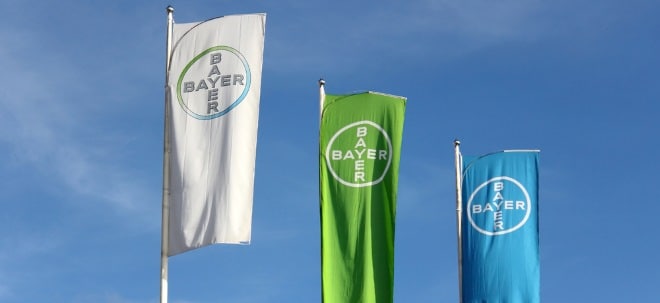|
24.12.2014 09:15:27
|
Europe: Edging closer to sovereign QE
| |||||
We expect the eurozone to recover, albeit at an unimpressive rate and believe the European Central Bank (ECB) is edging toward sovereign quantitative easing (QE). Meanwhile, UK growth is set to moderate after a strong run, with inflation possibly falling to below the Bank of England's (BoE) 1% target. The BoE is likely to remain on hold now until the end of 2015, with limited rate rises from there.
Macroeconomic data has been slightly better-than-expected in recent months, although leading indicators suggest stabilisation at low growth rates rather than any pick-up in the near future. We have lowered our expectations for growth in the coming quarters because of a worse-than-expected outturn in Germany, which has failed to rebound. We expect eurozone 0.9% GDP growth in 2015 and 1.3% in 2016. Growth should be supported by accelerated consumption spending as a result of lower energy prices, and improved business investment as a consequence of better confidence and credit conditions. Meanwhile, the forecast for inflation has also been lowered to reflect the lower inflation of late, but also the recent falls in commodity prices. This should however be a temporary drag on prices, and so we expect inflation to pick up in the second half of 2015, and more meaningfully in 2016. The ECB is edging closer to sovereign QE in response and we believe a number of other factors - including a slower-than-expected recovery in bank lending and a relatively stable trade-weighted euro (the value of the euro compared to the currencies of its trade partners) - will prompt policy action later in 2015. However, this is likely to only come after authorities exhaust other avenues including purchasing corporate bonds and agency debt in addition to the asset-back securities and covered bonds already being bought. UK forecast update The forecast for UK growth is unchanged at 2.5% for 2015. On the one hand, lower oil and energy prices should help boost household consumption but the expected slowdown in Europe means that the contribution from net trade is likely to be zero. Business investment is also likely to slow ahead of the general election in May 2015 and we expect this to continue into 2016 as the new government restarts fiscal austerity. Furthermore, political uncertainty ahead of the elections, combined with the country's large current and fiscal account deficits, could put sterling under pressure.
We have downgraded the near-term outlook for inflation on the back of the fall in oil prices and expect headline inflation to fall below 1% by the end of the first quarter although this should be temporary. We have pushed out our forecast for the first rate rise from February to November 2015. We now only expect a single 25 basis points hike in 2015, and only 75 basis points in 2016. The
forecasts stated in this document are the result of statistical modelling,
based on a number of assumptions.
Forecasts are subject to a high level of uncertainty regarding future
economic, geopolitical and market factors that may affect actual future
performance. The forecasts are provided
to you for information purposes as at today's date. Our assumptions may change
materially with changes in underlying assumptions that may occur, among other
things, as economic and market conditions change. We assume no obligation to provide you with
updates or changes to this data as assumptions, economic and market conditions,
models or other matters change. | |||||
|
|||||
|
|||||
Fondsfinder
Meistgelesene Nachrichten
finanzen.net News
Börse aktuell - Live Ticker
SMI und DAX etwas tiefer -- Asiens Börsen letztlich im PlusDer heimische Aktienmarkt tendiert am Dienstag etwas leichter. Der deutsche Aktienmarkt präsentiert sich ebenso im Minus. In Fernost waren am Dienstag Gewinne zu erkennen.






